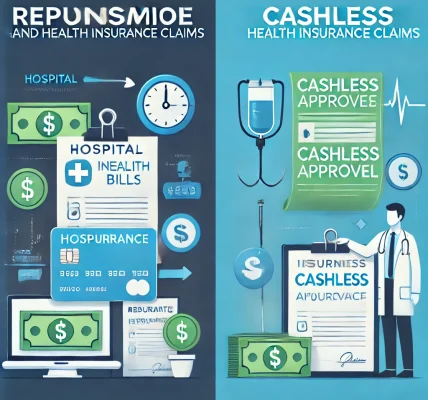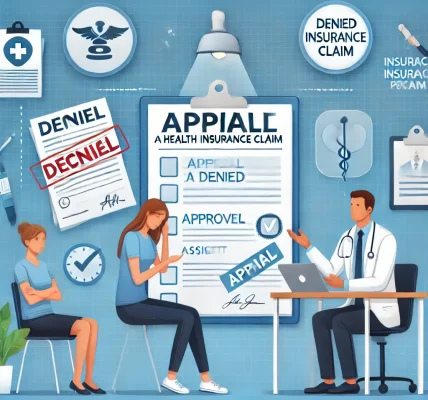How Pre-Existing Conditions Affect Your Health Insurance Coverage: What You Need to Know
When it comes to health insurance, one of the most important factors that can significantly impact your coverage is a pre-existing condition. But what exactly does this mean, and how does it affect your health insurance options? Understanding the relationship between pre-existing conditions and health insurance is crucial for ensuring that you make informed decisions about your healthcare.
What is a Pre-Existing Condition?
A pre-existing condition refers to any health issue or medical condition that existed before you applied for health insurance. This could include chronic illnesses such as diabetes, hypertension, asthma, heart disease, cancer, mental health disorders, or any other condition that requires ongoing medical attention.
How Pre-Existing Conditions Impact Health Insurance Coverage
- Eligibility for Coverage
In the past, having a pre-existing condition could have led to denial of coverage, or your insurer might have charged you higher premiums. However, thanks to the Affordable Care Act (ACA) in the United States, health insurance providers are no longer allowed to reject individuals based on pre-existing conditions. This means that whether you have a pre-existing condition or not, you are entitled to receive coverage, though other factors like age and location might still affect your rates. - Premium Costs
While insurers can no longer deny coverage based on pre-existing conditions, they may still factor in your health status when determining premiums. Those with certain chronic conditions might face higher premium rates, as they may require more frequent and expensive medical care. However, this is still a significant improvement over the days when insurers could outright refuse to provide coverage. - Waiting Periods
Some insurance plans might impose waiting periods for coverage related to pre-existing conditions. This means that if you switch health insurance providers or are enrolling in a new plan, there could be a waiting period before coverage for your pre-existing condition kicks in. This varies by insurer, so it’s important to read the fine print before committing to a plan. - Exclusions or Limitations on Treatment
Some health insurance policies may include exclusions for certain treatments related to your pre-existing condition. For example, if you’re diagnosed with cancer before applying for insurance, your policy might exclude coverage for cancer treatments, or only cover them after a waiting period. However, most policies provide coverage for emergency care, even if the condition is pre-existing. - State-Specific Laws
In some regions, local laws might offer additional protections for individuals with pre-existing conditions. It’s important to research and understand the regulations in your area to determine if you’re entitled to more favorable terms when it comes to pre-existing conditions.
Tips for Securing Health Insurance with Pre-Existing Conditions
- Compare Plans: Different insurance providers and plans can have varying levels of coverage and restrictions related to pre-existing conditions. Make sure to shop around and find the plan that best suits your needs.
- Check for State Assistance Programs: Some states have specific programs to help individuals with pre-existing conditions. These programs might provide more affordable options for those who don’t qualify for standard health insurance plans.
- Review the Policy Details: Always read the fine print of your health insurance policy. Look for any exclusions, waiting periods, or limitations related to pre-existing conditions to avoid unexpected costs.
- Consider Employer-Sponsored Plans: If available, employer-sponsored health insurance often offers more favorable coverage for pre-existing conditions compared to individual plans. Check with your employer for options.
Conclusion
Understanding how pre-existing conditions impact your health insurance coverage is vital for making the best decisions for your healthcare needs. While there may be some challenges in securing coverage, especially when it comes to premium costs and waiting periods, the protection provided by the Affordable Care Act has made it easier for people with pre-existing conditions to gain access to the care they need. Always compare options, review your policy, and explore any state-specific programs that might assist in covering your healthcare needs.




